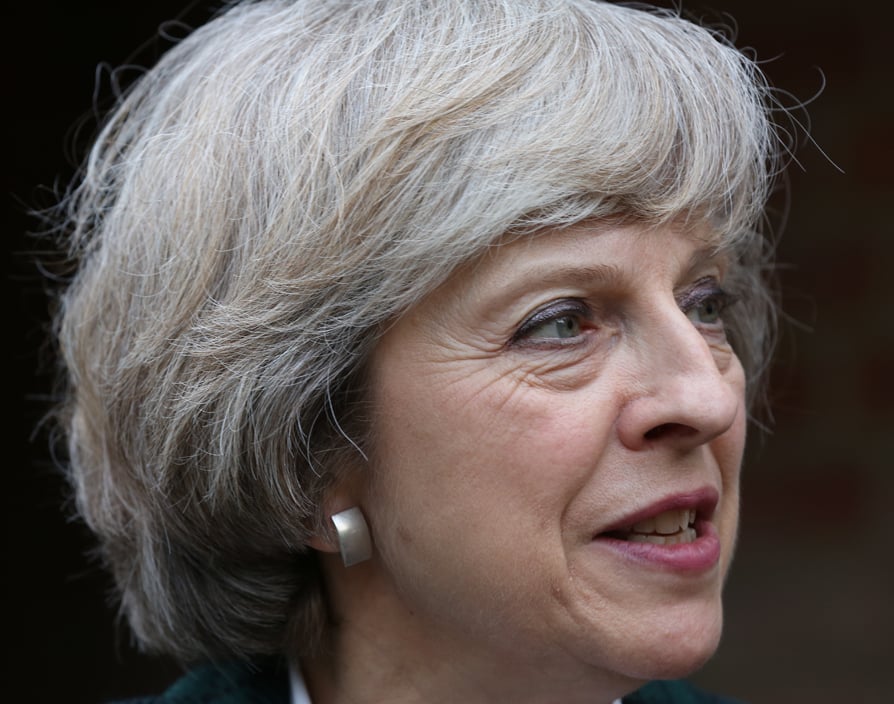Photo credit: Charlie Bard/Shutterstock.com
Four weeks after the EU referendum plunged the UK into political and financial upheaval, it is safe to say that Theresa May has her job cut out for her. Not only does the newly appointed prime minister have to address a Conservative party rife with internal conflict, she is also responsible for rebuilding trust in the British economy and paving the way for Brexit.
But despite the challenges ahead, UK startups are welcoming the new resident of Number 10 as they hope it will bring some much-needed stability to the country. “Since the vote to leave, it has seemed that everything has been on hold whilst all around is imploding,” said Greg Thomas, director at Mi Ventures. “To think that startup businesses will be high on Theresa May’s to-do list is perhaps naive but we should all see some benefit to her appointment.”
And it seems he is not alone in thinking along those lines. The markets have responded favourably to Number 10 having a new resident with the sterling rallying significantly for the first time since the vote, which saw the pound plunge to its lowest level in 31 years. It now stands at $1.32, an improvement on the previous low of $1.27 but significantly down on the pre-Brexit high of $1.48. “[An] earlier than expected prime ministerial appointment is a real step towards restoring confidence and certainty into the UK economy,” continued Thomas.
Ben Wynn, founder of DAD, the DIY and home-repairs advice startup, agreed with the sentiment. “Come what may, this has to be the best politics-related news in recent days,” he said. “It is the unknown that creates fear and uncertainty and that can be highly destructive for the tech sector. I believe we face some tough times ahead but at least we are now a step closer to knowing what’s next.”
While having a new prime minster may be the first step toward regaining some much-needed stability in the UK, some startups are uncertain about May’s economic policies. “Her strategy for business and economic stability and growth are scarcely known as she has never had to offer, present or passionately back a manifesto,” said Piers Chead, founder of The Formations Company, the startup formation adviser. In what has been interpreted as a jibe against more neoliberal Tory elements, May stated in her inaugural speech outside Buckingham Palace that she aims to build a fairer state for the disaffected and disenfranchised working class. “How she will do this is a mystery [and, with George Osborne stepping down], a new treasury report will need to be produced, which won’t be until September at the earliest,” continued Chead.
Following a referendum campaign frothing with anti-immigration rhetoric, business leaders are also sharing their concerns of what stance May will take on free movement. “The startup community is calling to maintain an open, inclusive environment for attracting the best talent from Europe,” said Tom Marsden, CEO of Saberr, the people analytics company. “Theresa May needs to ensure we don’t develop new trade barriers to key European markets and that we continue attract and retain the best people.”
Only the second woman in history to hold the keys to Number 10, May could differ from Margaret Thatcher in one important way: gender equality. The Iron Lady famously surrounded herself with men but, in contrast, May is expected to appoint women to lead one out of every three offices of state. However, the fact that the UK once again has a woman in charge is being applauded by UK startups. “[It] is going to be great to have a female role model in power,” said Debbie Wosskow, CEO of Love Home Swap and founding chair of Sharing Economy UK. “Her steely character and pragmatic approach will set a good example to many female founders in business.”
Chloe Webber, operations director for Company Check, believed May’s appointment to be a great indication of things to come. “Within six months, we could be in the unprecedented position of having women leading the UK’s two largest parties, [not to mention] in the White House. Good news for equality, bad news for the glass ceiling.”
So the consensus seems to be cautiously optimistic. And, with the last month’s chaos in mind, it’s good to see some measure of stability returning to the UK. ![]()
Share via:








































